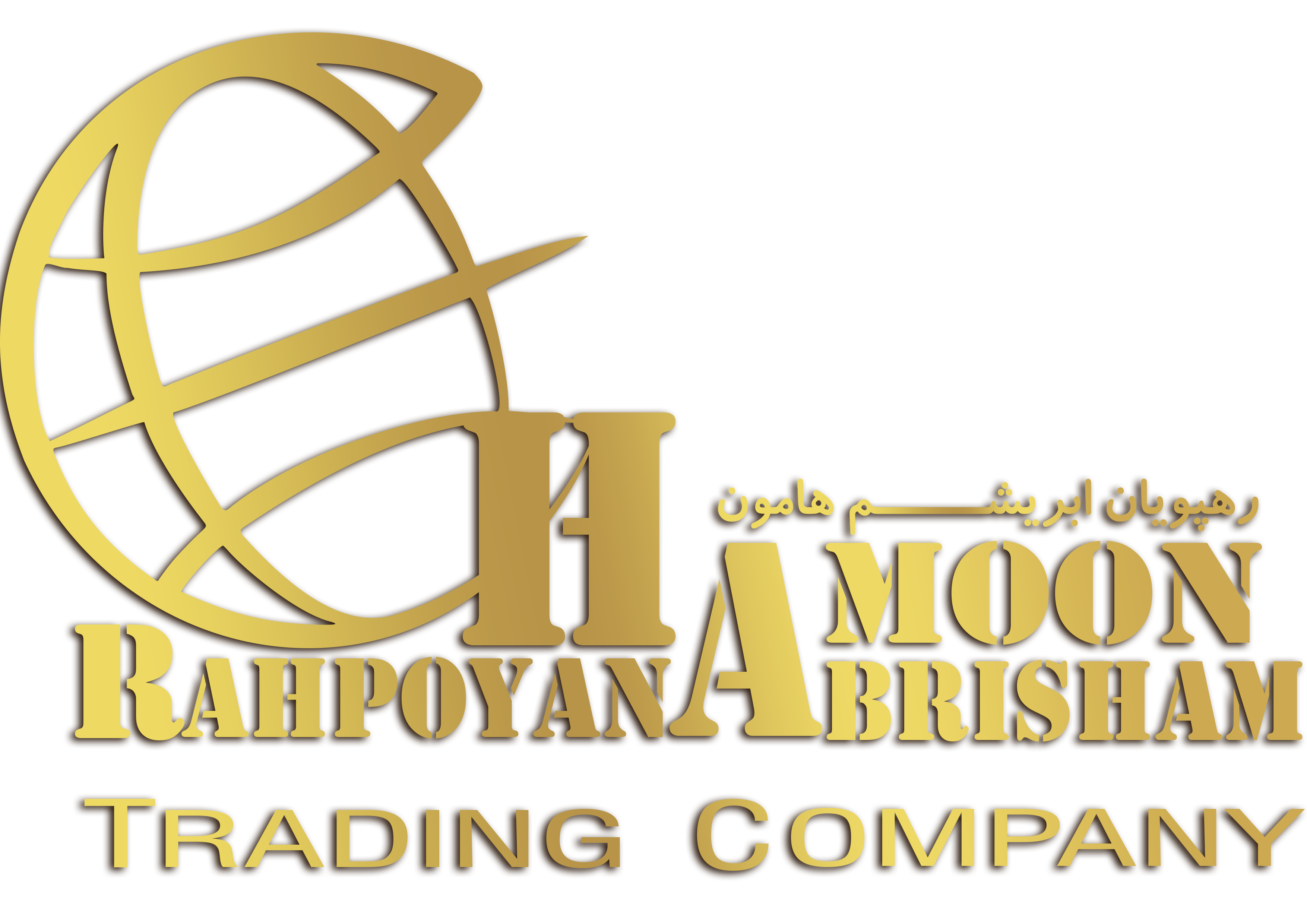
Exports to Syria and export and trade activities with Syria
Exports to Syria - Syria is a pristine export market for Iranian products due to the situation in Syria due to sanctions, as well as the decision of the Syrian Cabinet to ban the import of goods from Turkey and on the other hand make the prices of manufactured goods more competitive. In Iran, Iranian goods have a high competitive potential with similar foreign products.
For export to Syria, according to surveys conducted by the research and marketing team of Noor Al-Furat Company, Iranian manufacturers and exporters can be given higher priority in the fields of energy, construction industry, medical equipment, infrastructure and equipment, and livestock and food industries. It should be noted that due to the high speed of reconstruction in Syria and the pristine nature of exports to Damascus and the Syrian market, and given the current economic market situation in Iran, the best way to earn foreign exchange and be able to cope with the global dollar exchange rate, exports And it is entering the world markets and the suitable option for Iranian producers and exporters, as it was said about the geography and market of Syria, is export and trade with Syria.
Export along with technology transfer is one of the most important pillars of international trade, which is also one of the important levers of international politics. Strengthening exports can facilitate the economic development of industries, and this will be possible by identifying new markets and introducing customers. We are with you to do things for you, such as identifying the market and exporting and transporting to Syria.
Our services in the field of exports to Syria and neighboring countries
Market analysis and research
Introduction and communication with customers
Order registration and export of goods
What is the story of the ban on the import of Iranian cars to Syria?
A member of the Tehran Chamber of Commerce delegation explained why the import of Iranian cars to Syria was banned.
According to ISNA, based on estimates from the production of two major Iranian automakers, in the first months of this year, the export of the final products of these two companies was close to zero, and thus all their production capacity is allocated to meet domestic needs. Is.
These statistics were obtained while in the 80s, Iran Khodro and Saipa had a new export base in several countries in the region and even more distant destinations, and their new products were exported to different destinations. This performance, however, has been very limited in recent years.
In addition to exports, Iran Khodro in the 1980s had activated production sites in several foreign countries, including Venezuela and Syria, and thus the company's products were produced and supplied abroad and the resulting currency reached Iran. . In the field of parts, the same production sites had made it possible to export.
After nearly two decades, not only is there no news about the export and activity of production sites, but even a few days ago, the Tehran Chamber of Commerce published a news stating that the Syrian government would not issue a license to import Iranian cars into this country. These products are prohibited.
In an interview with ISNA, Mohammad Reza Najafi Manesh, a member of the Tehran Chamber of Commerce, explained: "The original news is true and it is not possible to export Iranian cars to Syria at the moment, but after this news was published, an interpretation was formed." That is far from the truth.
He explained: "If the import of Iranian cars to Syria is banned, it is not because of technical problems or the deterioration of relations, but because of the economic issues that the Syrian government is currently facing." Due to currency restrictions, the Damascus government has imposed restrictions on the import of some goods into the country, of which cars are a part. In this regard, there is no discussion of countries and besides Iran, car imports from many other countries have also been stopped.
Referring to the capacity of the Syrian car market for Iranian products, Najafi Manesh said: "We had acceptable car exports, but the problems that arose in previous years made it practically possible for those conditions to continue." Given that Iran Khodro has a car production site in Syria, negotiations with this country can be continued in such a way that Iranian products are produced in Syria, thus removing the import restriction and providing a new way to supply our products. The relationship between Iran and Syria is wide, both politically and economically, and efforts should be made to use this platform for the benefit of the country's automobile industry.
